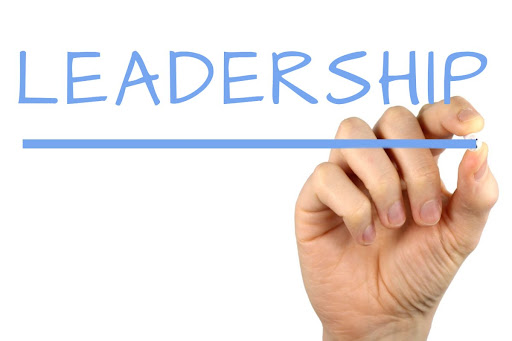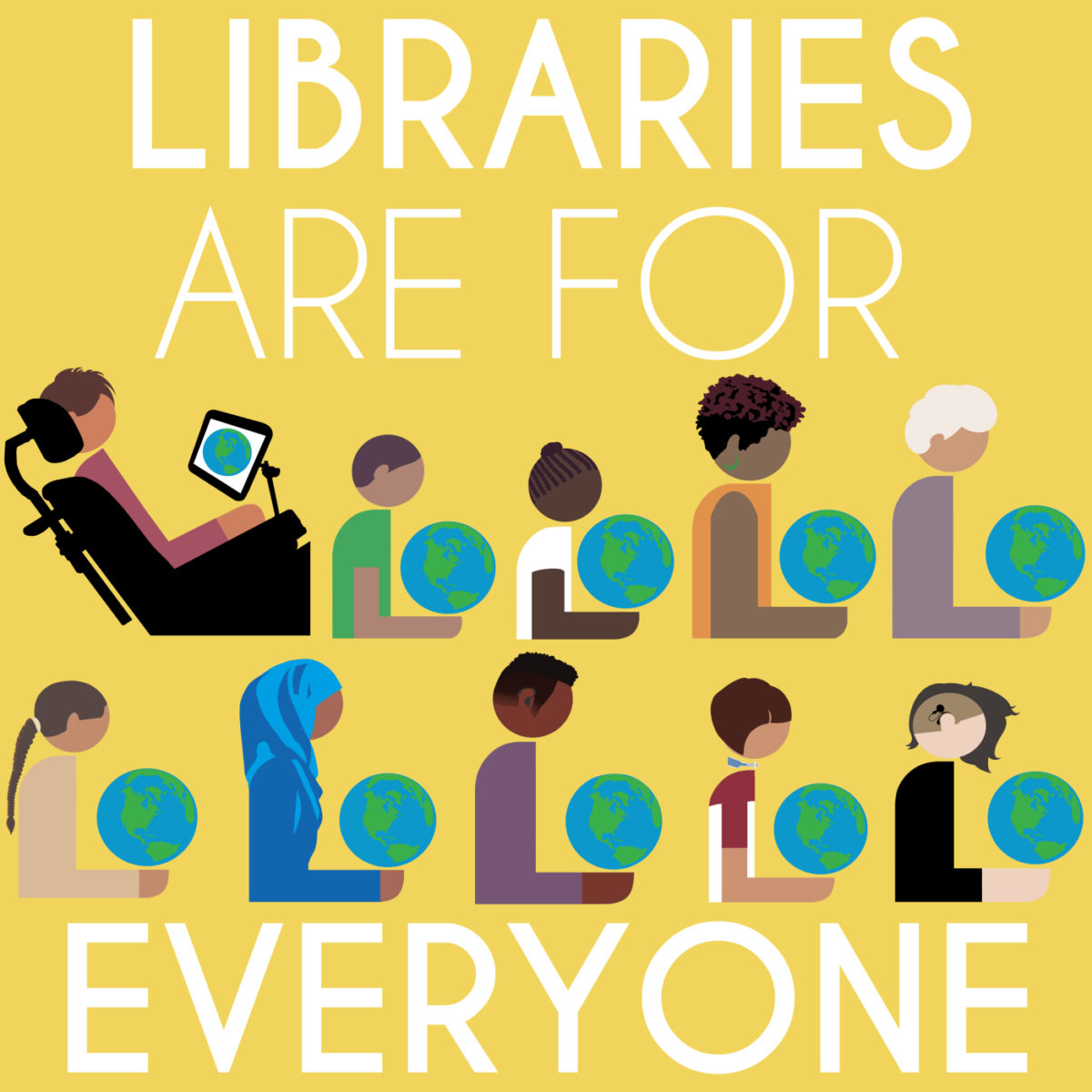Finishing up the book, “My Name is Barbra,” I never thought celebrities were like us. But after reading this book it made me realize you can have all the fame and money in the world and still have setbacks. Here are the lessons learned from music and cinema legend, Barbra Streisand’s 60-year career.
Stand Up for Yourself
Ms. Streisand had to overcome a great deal of prejudice in her career, and not just in the beginning in the 1960’s. As a twenty-year old Broadway star to a 40-something director, she prevailed despite unfair treatment. I love how she was a rule follower, (even when there were no rules) wanting to “do the right thing.”
When she was harassed on a movie set for more than year, she tried to “toughen up” and work with the famous actor. It wasn’t until months later when her health was at risk, the situation changed for the better. No one stood up for her, she had to advocate for herself. Be your own support system and act. If you are in a bad situation, you need to make it better. Seek help and take action.
Take Risks
Barbra was a trailblazer from the very start. Growing up without a father since age 8, her mother was overly protective. Barbra learned early on to take risks and do what “felt” right in situations at school and her career. Call it “street smarts” or intuition, she listens to her gut. If she feels something is calling her, like being the first female director of a major motion, she does it! “Yentl” was her first movie of many more directorial credits. “You’ll always regret not trying, and you always lose unless you do try!”
Keep Learning
As we get older your experiences provide wisdom and learning opportunities. Hard work was always a pillar of Barbra’s success, along with learning new aspects of show business. She went from night clubs, to Broadway to movies to behind the camera. She kept learning for herself and for own curiosity. This growth mindset keeps her open to new opportunities along the way. She found love again in her 50’s by pushing herself past her shyness in social situations. Keep learning to stay healthy!
To sum up, the details of Barbra Streisand’s career is fascinating. But overall, she took chances, nurtured her talent, and pushed beyond current norms to build a very successful career. Strong women would love her story and might also see aspects of themselves in her life and lessons.




